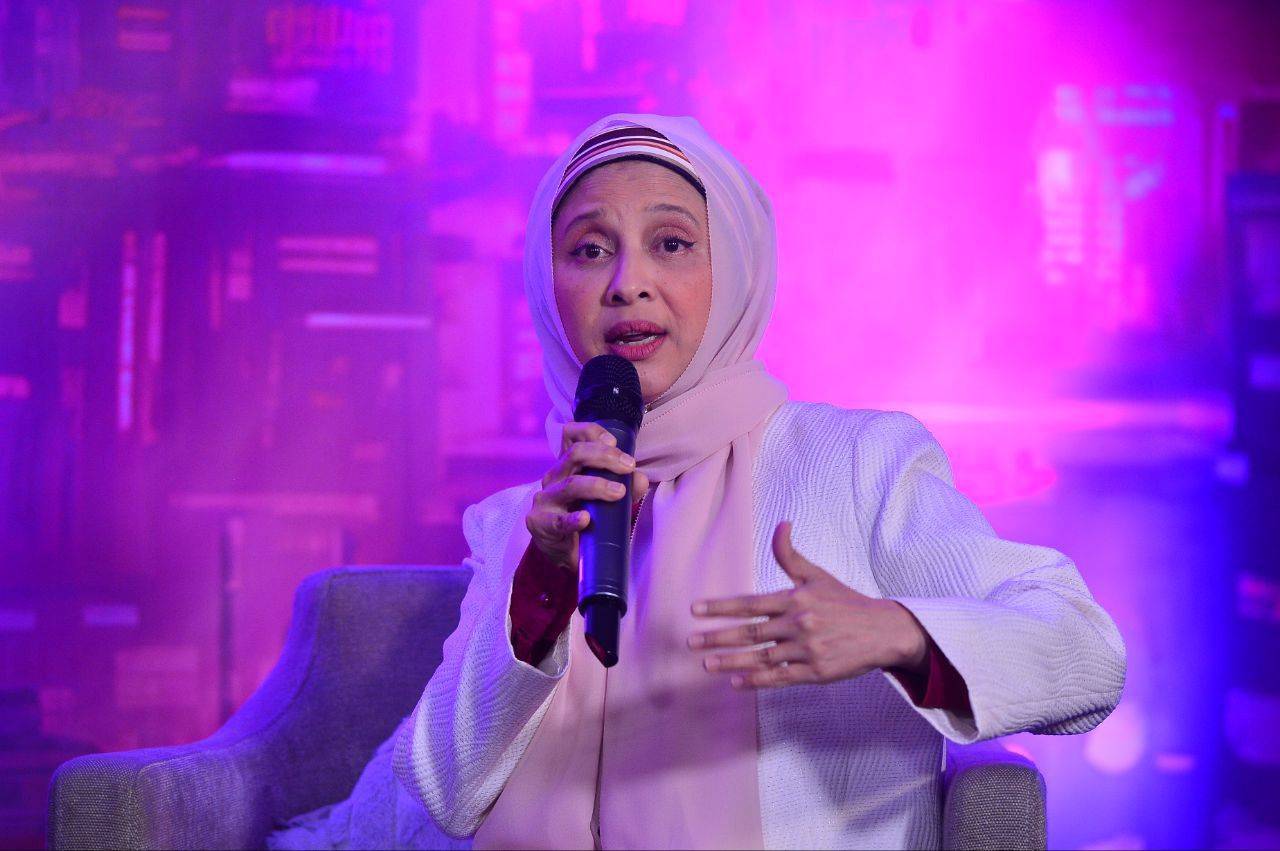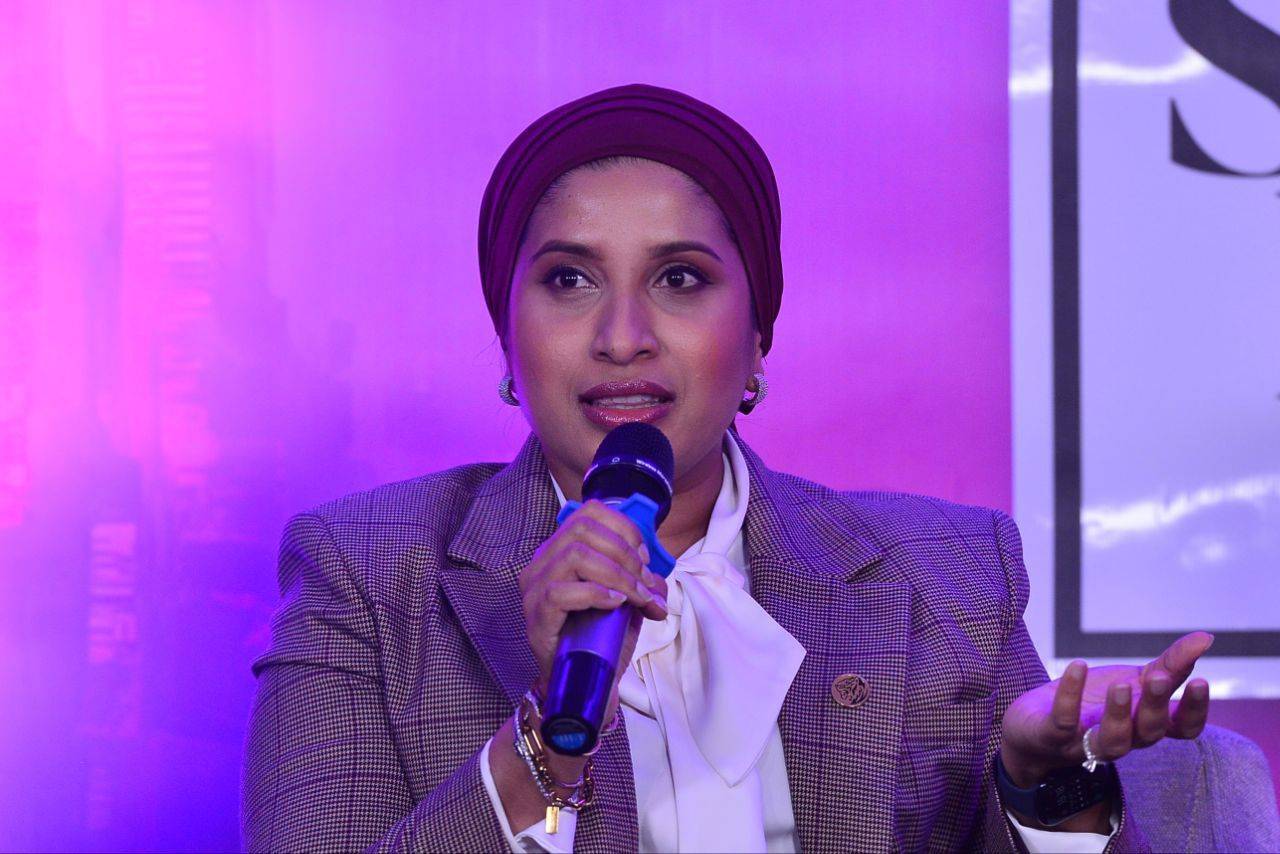Navigating Retirement: Crucial for women to plan ahead for a secured future
Longer life expectancy and the need for disciplined saving are crucial issues women face in planning for retirement.

HEAD of the Employees Provident Fund’s (EPF) Policy and Strategy Department Balqais Yusoff recently shed light on a critical issue facing women’s retirement planning: their longer life expectancy and the need for disciplined saving.
She highlighted a significant trend: women, especially in developed countries, often face intermittent career breaks as they strive for improved lifestyles. These breaks, whether for childcare or other family responsibilities, impact their long-term financial security.
Drawing comparisons with countries like Germany, where childcare is heavily subsidised or free, she noted that many women still grapple with the costs of childcare and eldercare. These financial strains sometimes lead to neglect of personal and familial well-being, particularly in retirement homes.

“When women enter their productive years after graduating, they typically join the workforce, then take career breaks for marriage and children, and return as policies and incentives support their well-being,” she said.
Balqais pointed out the lower female labor force participation here, which could hinder effective retirement savings. She observed that women in other countries often rely on career advancements and promotions to bolster their savings, a strategy less accessible in Malaysia.
She also addressed gender disparity, noting that women typically spend four hours more on domestic work than men, who average only 1.7 hours.
“We are significantly disadvantaged. There must be policies to support women in balancing work and domestic responsibilities,” she asserted, advocating for opportunities and support for women in the workforce," she said during a panel discussion for She Leads 4: Don't Go Broke in Your Golden Years organised by Sinar Daily recently.
How much is enough for retirement?
Balqais elaborated on how to estimate necessary retirement funds: assuming mortgages and loans are paid off, one should multiply their comfortable monthly salary by 12 and then by the number of expected retirement years.
For example, someone earning RM2500 per month would need RM600,000 in retirement funds.
She highlighted the importance of avoiding consumerism and materialism, advising against purchasing items simply to impress others. “We need a mindset shift,” she said, encouraging people to define clear financial goals for a stable future.
“You can choose between living like Warren Buffet, Crazy Rich Asians, or somewhere in moderation,” she said.

Balqais also emphasised planning for retirement, noting that even with housing covered, an additional RM1000 per month for basic needs would be necessary. “Where will the income come from when you’re retired?” she reminded the audience.
She recommended a formula for estimating required funds: salary multiplied by months per year, then by years expected to live post-retirement. “The third level in the pyramid of financial planning should support the other two levels, aiming to enhance overall well-being,” she said.
She also anticipated that Generation Y (millennials) might live to age 100, highlighting the need for comprehensive retirement planning.
Meanwhile, Maybank Trustees Berhad chief executive officer Nor Fazlina Mohd Ghouse, emphasised the role of healthy habits in maintaining financial stability.

She stressed the importance of addressing liabilities before death to avoid burdening family members.
“For Muslims, it’s crucial not to trouble family after passing. Instead, focus on leaving behind education and charitable contributions,” she said.
Fazlina highlighted that clearing debts and mortgages is essential, noting that without this, “banks will honk at you in your grave".
She added that planning for charity and leaving a positive legacy should be a priority. “Start planning today. If you intend to make provisions for the afterlife, you’re on the right path,” she said.










